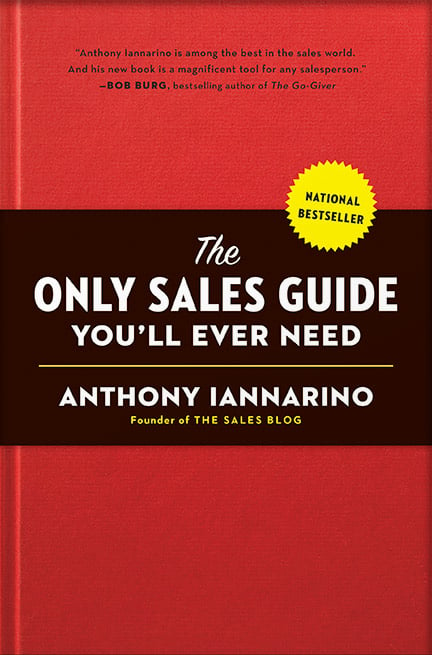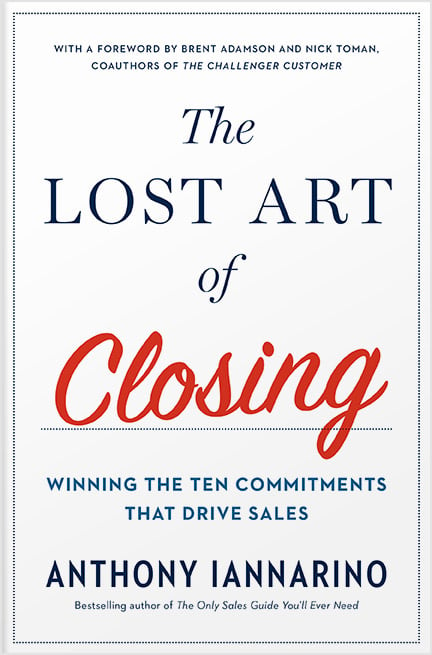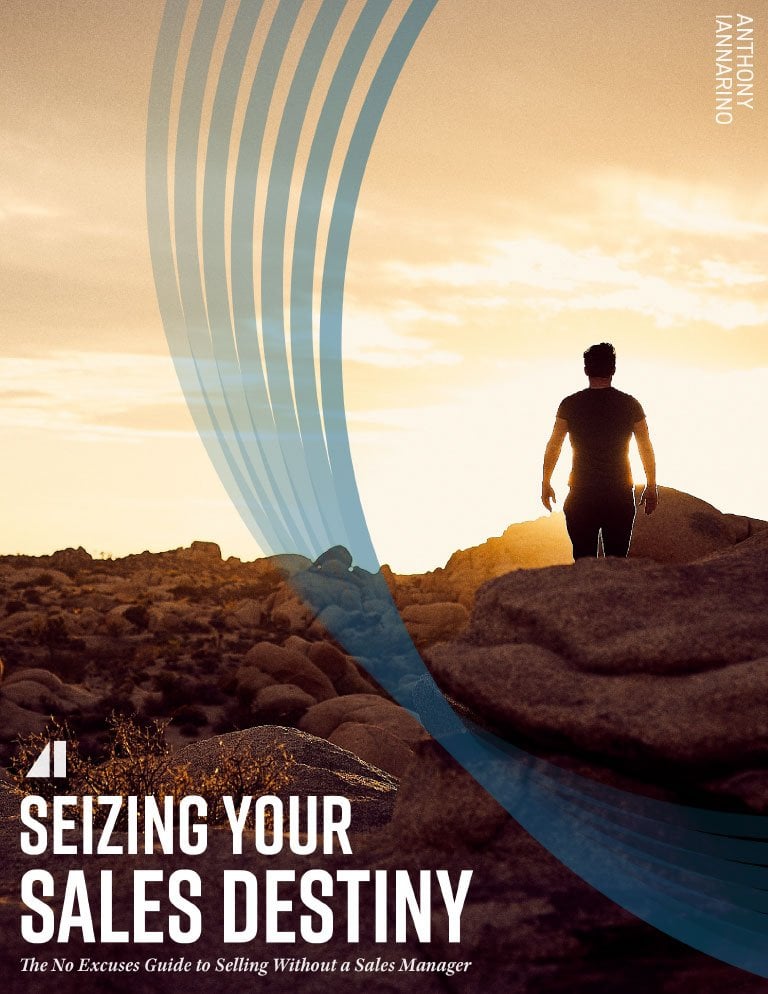The Gist:
- The legacy approaches to sales tend to recommend withholding information and insights.
- These approaches don’t create value for your prospective clients, and instead, they cause them to believe the time they spent with you was wasted.
- You cannot be a consultative salesperson without consulting.
Some old, outdated, legacy approaches would have you believe that you should never provide your client with “free consulting.” The idea comes from a time when there was far less information available to a buyer, so acquiring information about products, services, and solutions was much more difficult. The fear that gave rise to this idea was that by providing your prospective clients with “free” ideas, they could execute a solution themselves or simply buy one from your competitor.
Occasionally, this still happens. But we live in the internet era, meaning most information is only one search query away. The idea that one should “withhold” their insights, ideas, and opinions is completely oblivious to the reality of modern, consultative B2B sales. When your approach is based on creating value through your insights, acumen, and situational knowledge, it does not benefit you to “withhold” that value until your contact signs on the dotted line. That’s just a recipe for creating too little value and losing what might have been a great deal, if only you had created enough value to make it to the next conversation.


What Legacy Laggards Lack
Imagine two salespeople are competing for a prospective client. The first salesperson uses a legacy sales approach, one that suggests that you can’t tell your client how to get the better results they need or even the investments they’ll need to make (for some reason, these approaches tend to withhold insight even when it doesn’t change anything). That salesperson does traditional discovery, learning about their prospective client by asking them questions about their challenges, but refuses to actually teach their contacts anything that might help them make the best decision for their business or decide how to go about improving their results.
The second salesperson uses a modern approach, one that allows them help cover the gaps in their client’s knowledge or experience, at least as it pertains to the better results they need and the decisions they must make to obtain them. Using a modern sales approach, discovery not only captures important information that can only be obtained from stakeholders but also informs the contacts why they struggle to produce the results they need, what they will need to change to improve those results, and which factors they are going to need to consider during their decision.
The first salesperson, who withheld insight because they were trying to avoid “free consulting,” left the client in the same exact place they were, taking only time without leaving value. More to the point, that salesperson practically oozed fear that their prospective client would steal from them, a Hell of a way to start any relationship. This is like saying, “We have really good ideas that would help you, but we can’t share them with you until you sign a contract.”
The second salesperson fearlessly did a whole lot of free consulting, and in doing so, created massive value for their contacts. Their contacts learned something about themselves and they also had a better PCX (prospective client experience), something that earned the second salesperson access to the next meeting.


Differentiation and The Creation of Preference
There are dozens of ways to differentiate your company and your solutions. Many of these differences may be important to your clients, but none of them differentiate you—let alone create a strong preference to buy from you—early in the sales conversation. The only meaningful way to differentiate yourself is by developing the conversation you have with your prospective clients.
Many legacy approaches miss the mark. They are transactional and in this case fear-based, eliminating the possibility of creating value for their prospective clients. When their PCX is the only thing a potential client has to go on, leaving them no better off after your conversation isn’t a good or effective strategy. When a client goes dark on you, it’s often because you created so little value they can’t imagine losing more time to yet another sales pitch.
The reason you need to focus on your conversational effectiveness in because those conversations are your only chance to differentiate yourself and create a preference to buy from you. A modern sales approach demands what the legacy approach would call “free consulting,” clinging to assumptions that may go back decades, perhaps before you were even born.


Fearless Value Creation
Your role as a consultative salesperson is to create value for your clients. Any fear you have of your client running off with your good idea should not prevent you from creating value, the single factor that will differentiate you and create a preference to buy from you.
Let me do my best to assuage your fears. Your client may love your idea, but that doesn’t mean they can execute it without your insights, the key to using any information you give them. Maybe your competitor can help them execute your idea, and maybe they can’t. You don’t have to worry about competitors who are executing outdated sales approaches, as they are no real threat to your success when you use a consultative sales approach; the disparity in the prospective client’s experience will make it an easy decision who to proceed with and who to eliminate.
Your real concern should be creating more value than your competitors, since they also understand how to create value for the prospective clients you are both pursuing. Trust that creating value is going to provide you more opportunities than withholding it, and have the confidence that this approach will attract the kind of clients you want, not the type you should avoid.
Do Good Work
- Recognize that much of what is taught and trained about sales is outdated.
- Treat discovery as a conversation where you both teach and learn.
- Be fearless in serving your clients, both by differentiating yourself and by creating value for them.

Get the Free eBook!
Learn how to sell without a sales manager. Download my free eBook!
You need to make sales. You need help now. We’ve got you covered. This eBook will help you Seize Your Sales Destiny, with or without a manager.
Download Now







.jpg?width=768&height=994&name=salescall-planner-ebook-v3-1-cover%20(1).jpg)


